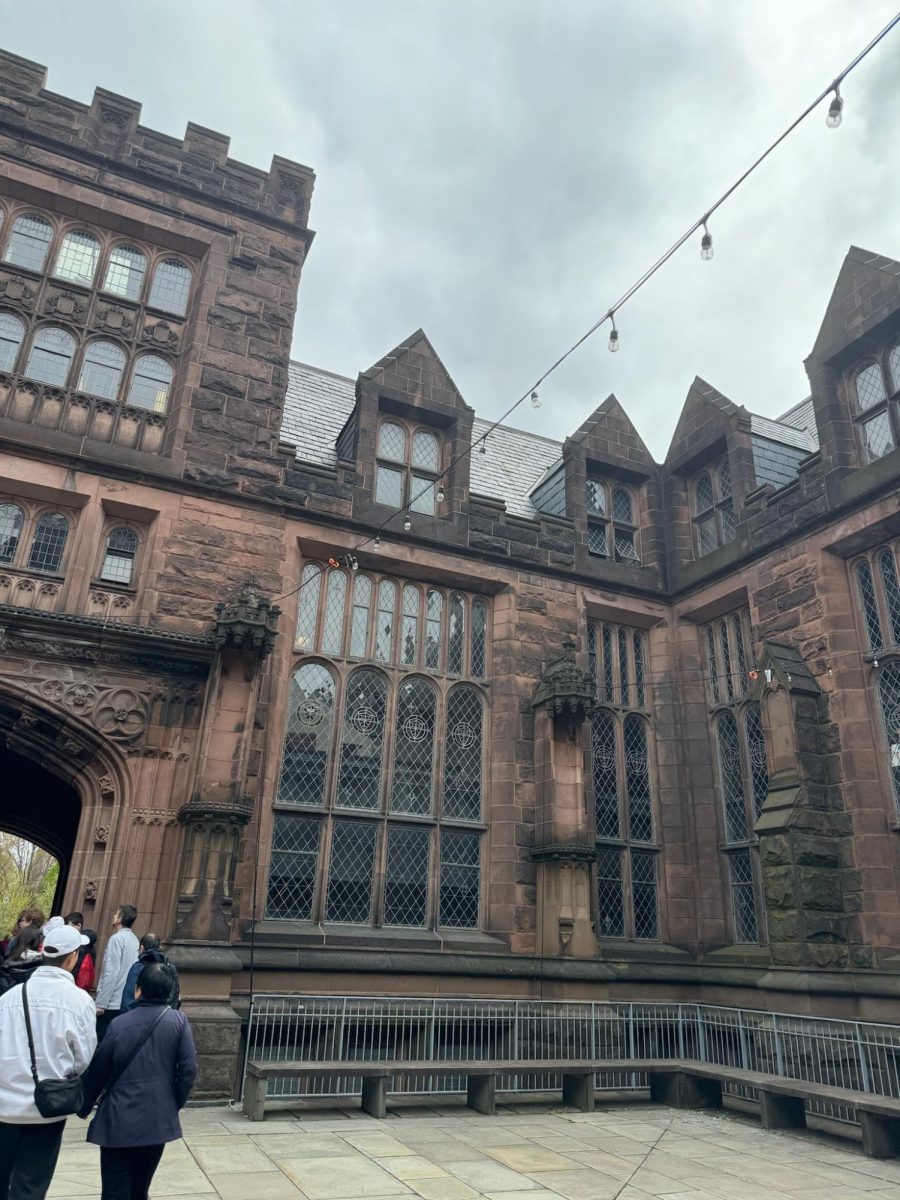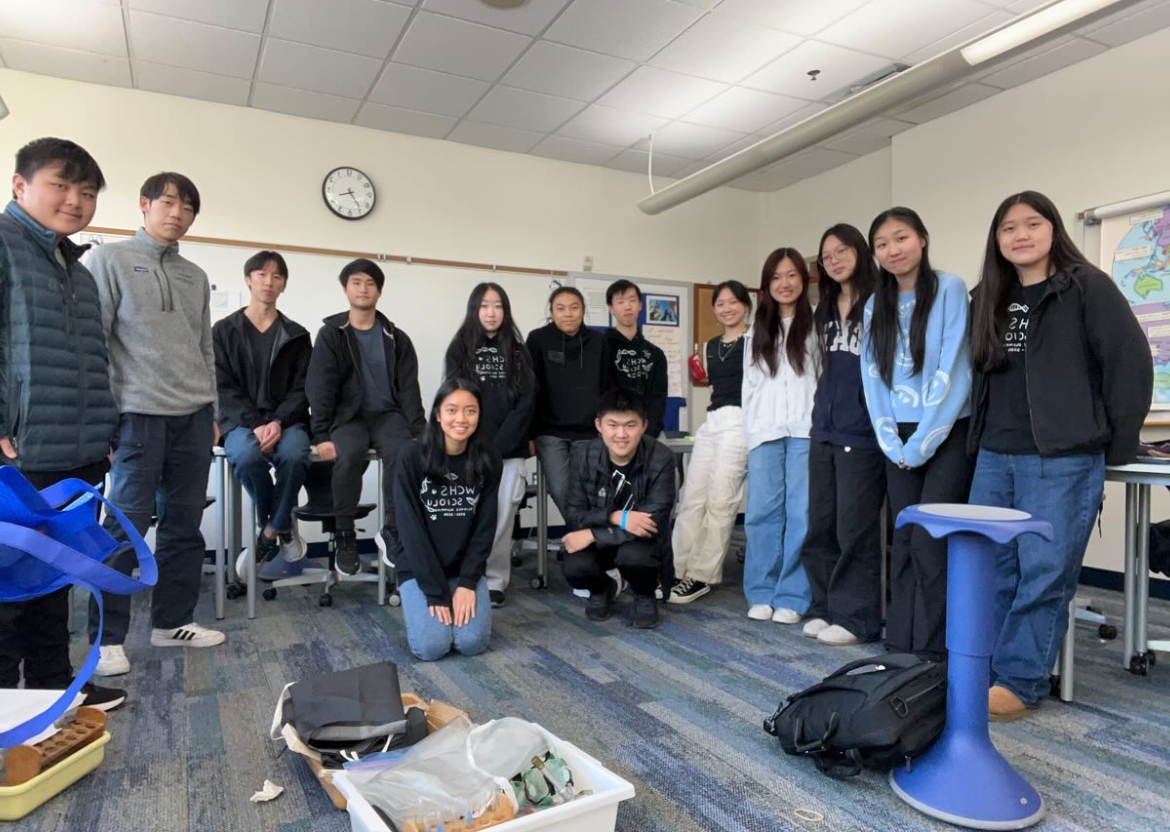It is 2:30 in the morning and sophomore Sam* decides to go for a smoke with a couple of friends. Sam is 16 and is not smoking tobacco, marijuana or any other illegal substance. He is smoking Salvia.
Salvia divinorum, a legal hallucinogenic herb that is smoked in a way similar to marijuana, is quietly gaining popularity in the Washington D.C. area. According to the Drug Enforcement Administration (DEA), in the U.S. as of February 2008, approximately 1.8 million people over the age of 12 have used Salvia at least once in their lifetime.
“[I first tried Salvia] the summer before my sophomore year,” Sam said. “My marijuana dealer offered it to me.”
Unlike marijuana and other popular drugs, Salvia, despite its potentially dangerous effects, is completely legal in 35 states, including Maryland. It can be bought in head shops and online in various strengths.
“Congress can ban anything they want, but they have bigger things to do and it is an elaborate and slow process,” said Barbara Carreno, press officer at the DEA headquarters. “Generally, in states where [Salvia] is not banned, there has not been a problem with the drug in that state.”
According to the DEA’s Salvia fact sheet, use of Salvia creates a quick but short high, usually lasting only a few minutes. Smoking Salvia can result in psychedelic effects including perceptions of bright lights, vivid colors and shapes, body movements, body or object distortions and uncontrollable laughter until the end of the high.
“Level of addiction is one of the things we take into account when we decide to control a substance,” Carreno said. “Even if a particular drug may not have a brain or chemical addiction, it may be psychologically addictive without being physically addictive.”
According to sophomore Alex*, a Salvia high lasts up to 20 minutes and is much more potent than marijuana.
According to the Salvia fact sheet, it is impossible to overdose on Salvia, it is not physically addictive and it is unclear if there are long-term health effects. According to the Montgomery County Police Department, the county has not encountered any major problems involving Salvia. Still, a handful of states have passed laws controlling the substance.
“If states see a problem they want to solve, usually brought to their attention by a concerned parent, they can [ban] it themselves instead of waiting for a long bureaucratic process,” Carreno said.
Virginia is one of the 15 states that have passed laws controlling Salvia in order to protect their citizens from potential harm.
“Because of the risk it represents as a ‘gateway drug’ and the misuse already documented, especially on YouTube, it has worked well here in Virginia to have it as a controlled substance,” said Virginia Delegate John O’Bannon in an interview, who was the chief patron on the state law that banned Salvia in Virginia. “I heard [complaints] from multiple parents whose children had been to shops and bought Salvia, leading to stronger drugs.”
While school nurse Deborah Stapleton was unaware of Salvia’s prevalence in the area, according to health room assistant Robyn Baron, not enough is known about the effects of Salvia for it to be legal in Maryland, but there does not appear to be a problem with students using the drug in school.
*Students names have been changed at their request.







